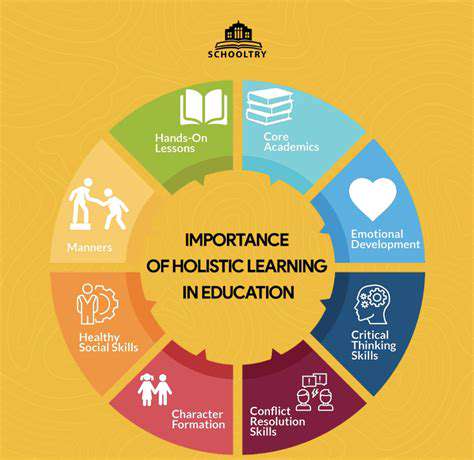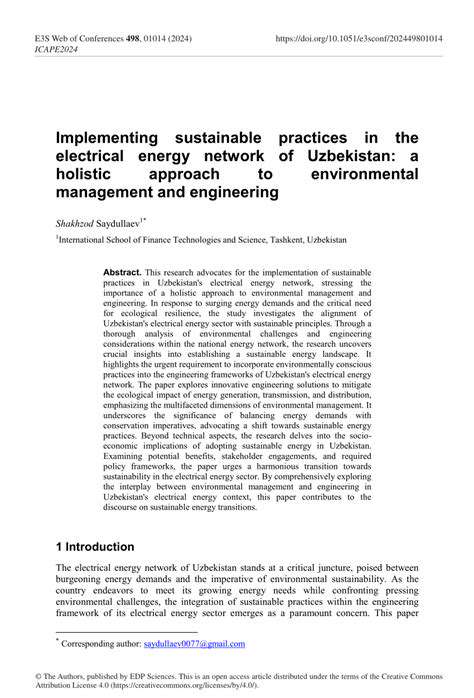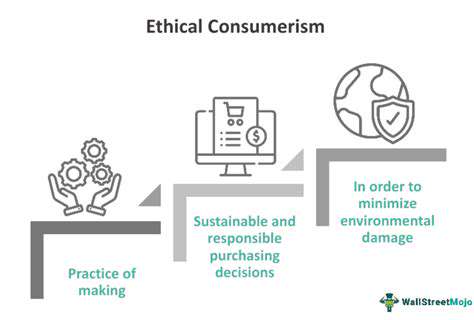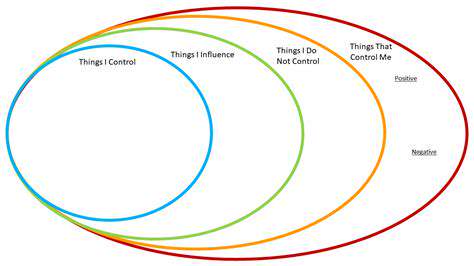Marketing Strategies for Processed Foods
Processed foods, ubiquitous in modern diets, are heavily marketed to appeal to a broad consumer base. Companies employ a variety of strategies, from catchy slogans and attractive packaging to celebrity endorsements and targeted advertising campaigns. These tactics often highlight convenience, taste, and perceived health benefits, even when these claims may be misleading or exaggerated. The relentless nature of these campaigns often creates a strong association between these products and positive emotions, making them alluring to potential buyers.
Understanding these marketing strategies is crucial for consumers to critically evaluate product claims and make informed choices about their dietary intake. A deep dive into the marketing tactics employed by processed food manufacturers can provide insights into the powerful forces shaping our food choices and the potential impact on individual and societal health.
The Role of Packaging in Food Marketing
The visual appeal of packaging plays a significant role in driving consumer interest in processed foods. Attractive colors, enticing images, and compelling slogans on packaging are carefully designed to pique consumer interest and create a sense of desirability. Often, the packaging itself aims to mask the processed nature of the food, suggesting natural or wholesome ingredients. This can lead to misconceptions about the nutritional value and impact of the product on health.
Beyond aesthetics, packaging often emphasizes convenience and portability. Ready-to-eat meals, snacks, and other processed items are often packaged in a way that facilitates easy consumption, further contributing to their appeal, especially in busy lifestyles.
Highlighting Perceived Health Benefits
Many processed foods are marketed with claims of health benefits, even though their nutritional profiles may not always support these assertions. Companies often emphasize low-fat content, reduced sugar, or added vitamins and minerals to position their products as healthier alternatives. This can be particularly misleading, as these claims might be juxtaposed with high levels of sodium, unhealthy fats, or other harmful ingredients.
Targeting Specific Demographics
Effective marketing strategies often target specific demographics, such as families, young adults, or health-conscious individuals, with tailored messaging. Understanding the needs and desires of these groups allows companies to craft persuasive advertisements and promotional campaigns that resonate with their specific values and preferences. This targeted approach can be incredibly effective in influencing purchasing decisions.
These demographic-specific campaigns often leverage social media platforms and influencer collaborations, further amplifying their reach and impact on potential consumers.
The Influence of Celebrity Endorsements
Celebrity endorsements can significantly enhance the appeal of processed food products. When a well-known figure promotes a product, it can create a sense of trust and desirability, associating the brand with positive qualities and lifestyle choices. This can be a powerful tool in shaping consumer perceptions and influencing purchasing decisions. However, it's crucial to consider the ethical implications of such endorsements, especially when the products may not align with the celebrity's public image or values.
The Impact of Mass Media Advertising
The ubiquitous presence of processed food advertisements in mass media, including television, radio, and print, creates a constant barrage of persuasive messages. These advertisements often use emotionally evocative imagery, catchy jingles, and persuasive language to create a desire for these products. The constant exposure to these advertisements can normalize the consumption of processed foods, making them seem like indispensable parts of modern life.
This constant exposure can also influence the perceptions of consumers, subtly shaping their preferences and dietary habits over time. The impact of these pervasive advertising strategies on consumer behavior and public health warrants careful consideration.
Beyond the Label: Transparency and Misleading Claims
Transparency in Food Labeling
The food industry's reliance on labels often masks the intricate processes involved in food production. Consumers deserve clear, concise information about ingredients, sourcing, and manufacturing practices. Transparency in food labeling goes beyond simple ingredient lists; it encompasses the entire journey of a product from farm to table. This includes details about the farming methods used, the environmental impact of production, and the ethical considerations behind labor practices. A lack of transparency can lead to misleading claims and a disconnect between the product presented and the reality of its creation.
Consumers should be empowered with the knowledge needed to make informed decisions. Detailed labeling that clearly outlines the use of additives, preservatives, and genetically modified organisms (GMOs) is crucial. This information is not just about individual ingredients; it's about the overall story of the food. By fostering transparency, the food industry can build trust and foster a more ethical and sustainable food system, ultimately benefiting both producers and consumers.
Misleading Claims and Deceptive Marketing
The allure of convenience and health claims often overshadows the underlying realities of food production. Companies frequently utilize marketing strategies that exaggerate the benefits of their products, sometimes employing misleading language or imagery to persuade consumers. This includes using vague or ambiguous terms, emphasizing specific nutrients without considering the overall nutritional profile, or suggesting a product has certain health benefits without scientific backing.
Consumers are frequently bombarded with advertising that promotes unrealistic expectations about food. This can lead to disappointment and a distorted perception of the nutritional value of various products. It's important to critically evaluate marketing claims and seek out verified information from reliable sources to make informed choices. This includes looking beyond catchy slogans and examining the scientific evidence supporting health claims. Ultimately, responsible marketing practices are essential for fostering a more ethical and transparent food industry.
The prevalence of misleading claims can undermine consumer trust and contribute to health concerns. By exposing these practices and promoting transparency, consumers can make more informed choices, leading to a more sustainable and ethical food system. Honest and factual labeling practices are crucial for building trust between consumers and the food industry.
Furthermore, it is essential for regulatory bodies to actively monitor and address misleading claims. This includes implementing stricter guidelines and penalties for deceptive marketing practices. This creates a level playing field and encourages companies to adopt honest and transparent practices.
Ultimately, the pursuit of transparency and the avoidance of misleading claims are vital for maintaining consumer trust and fostering a more ethical and sustainable food system.
A lack of transparency and the prevalence of misleading claims can have serious consequences, ranging from consumer disappointment to potential health risks. The food industry must prioritize ethical practices and responsible marketing to build a stronger and more trustworthy relationship with consumers.

The Responsibility of Consumers: Critical Consumption and Informed Choices

Consumer Awareness and Informed Decisions
Consumers play a crucial role in shaping the marketplace, and their understanding of their rights and responsibilities is paramount. Being an informed consumer empowers individuals to make sound purchasing decisions, ultimately contributing to a more ethical and sustainable market. This involves researching products, comparing prices, and understanding the terms and conditions before committing to a purchase.
Furthermore, understanding the origin and production methods of goods, as well as the ethical considerations involved, can significantly influence consumer choices. By actively seeking out products that align with their values and priorities, consumers can support businesses that prioritize sustainability and fair labor practices. This demonstrates a commitment to responsible consumption.
Ethical Consumption Practices
Ethical consumption involves considering the social, environmental, and economic impacts of our purchasing decisions. Prioritizing products that are sustainably sourced, produced with fair labor practices, and minimize environmental harm is essential. This includes looking for certifications and labels that indicate ethical production.
Supporting local businesses and producers can also contribute to a more sustainable and equitable economy. This approach fosters local jobs and reduces the environmental footprint associated with long-distance transportation.
Product Safety and Quality
Consumers have a right to expect that products they purchase are safe and meet certain quality standards. It is crucial for consumers to be vigilant and report any potential safety hazards or product defects to the appropriate authorities. This proactive approach contributes to a safer marketplace for everyone.
Thorough research and careful scrutiny of product reviews can help consumers identify potential issues before making a purchase. Understanding product warranties and return policies is also a key aspect of responsible consumer behavior.
Responsible Returns and Disposal
Responsible returns and disposal practices are integral to minimizing waste and environmental impact. Understanding the proper disposal methods for various products, like electronics or hazardous materials, is essential. Consumers should prioritize recycling and reuse options whenever possible.
Returning products appropriately and avoiding unnecessary waste through conscious consumption habits directly impacts the environment. By choosing products with minimal packaging and opting for reusable alternatives, consumers can reduce their environmental footprint.
Consumer Advocacy and Feedback
Consumers have a voice and can play a significant role in advocating for their rights and interests. Providing feedback to businesses about their products and services is a fundamental aspect of influencing future production. This feedback can be positive or negative, but it should always be constructive and well-reasoned.
Participating in consumer forums and groups, or contacting customer service directly, can contribute to a more transparent and responsive marketplace. This collective action empowers consumers to influence product development and market trends.











